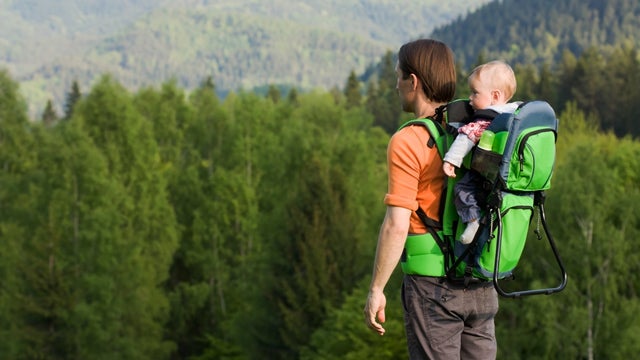Toys are great and really valuable for childhood development ÔÇô I think anyone who has ever been a kid can attest to that. Also of tremendous value to childhood development (as well as to self-awareness, health and confidence) is spending time in the natural world and trying to understand how it works.
Late last month, Toys”R”Us launched an ad that has been churning the stomachs of some childhood development experts, parents, and just anyone who understands the importance of outdoor play and the scourge of, for lack of a better term, plastic crap. It also gave Stephen Colbert some great show fodder.
“I’d like to make a tip of the hat to Toys”R”Us for reminding kids that nature sucks,” . “This commercial shows kids that the great outdoors is nothing compared to the majesty of a strip mall.”
Aside from serving as a holiday marketing push for the retailer, the spot promotes its charitable giving program, referencing a collaboration with Boys and Girls Club of America and Big Brothers Big Sisters. This says the kids in the ad were “selected from New York City charity groups.”
That is all fine and good ÔÇô and the Marketing Daily article makes a fair point that receiving a coveted toy can mean a tremendous amount to a child. But as Christian Science Monitor’s Amanda Paulson , the amount of “unrestricted play” outdoors that American kids are granted has declined over the past 30 years, while the links between poor health and a lack of outdoor access are becoming more stark.
and the North American Association of Environmental Education are among the groups that have expressed disappointment in the retailer’s marketing approach. Texas Parks & Wildlife even made a rebuttal video promoting the of outdoor play.
But Richard Louv of the and the author of Last Child in the Woods and The Nature Principle is trying to shift the focus away from the ad and toward a spate of recent good news. In a Louv, who is arguably the most influential U.S. spokesperson on the importance of exposing kids to nature (he also introduced the concept of nature-deficit disorder), points to two recent public policy developments that could really open new opportunities for kids to spend time outdoors.
One: As a means for promoting healthy lifestyles, the American Academy of Pediatricians recently said it “encourages land use┬ádecisions that prioritize┬áaccess to natural areas and green spaces for residents of all ages, abilities┬áand┬áincome levels” in order to “raise awareness among┬ápatients and the public at-large about┬áthe health benefits of spending time in nature and of nature-based play┬áand┬árecreation.”
This could be a great lever for developing more urban parks and forests, something that is also emerging as a powerful tool for making cities more resilient to climate change.
Two: The American Academy of Pediatricians issued guidelines that include limiting children to “less than two hours of entertainment-based screen time per day” due to the links between excessive media use and health problems.


